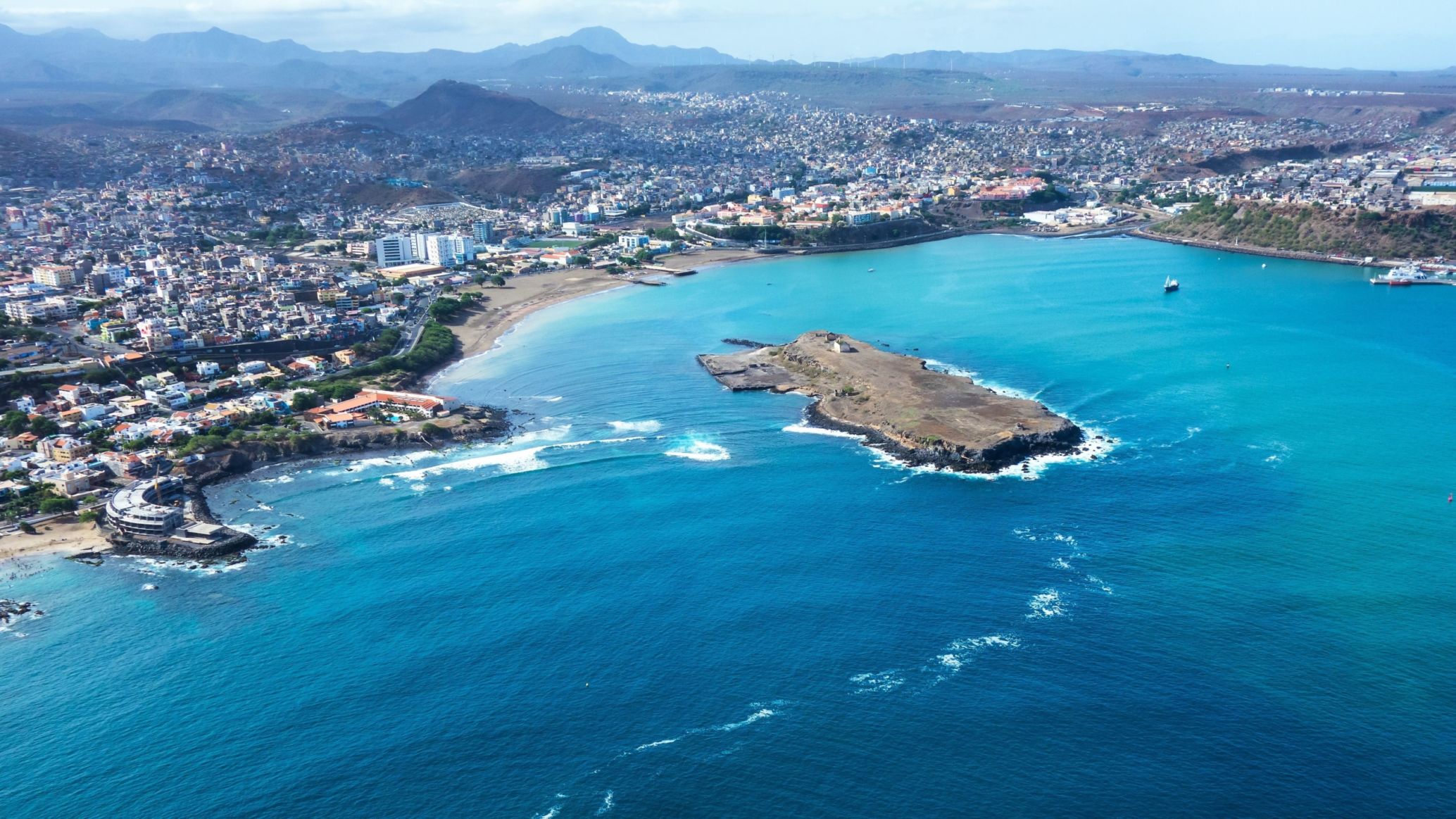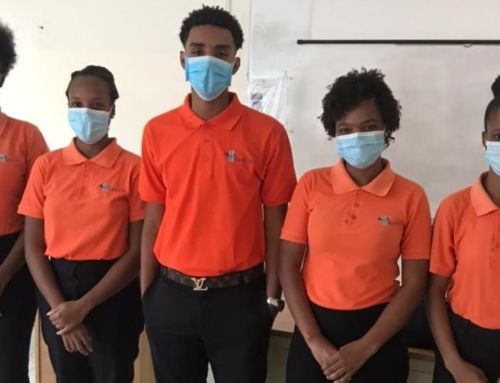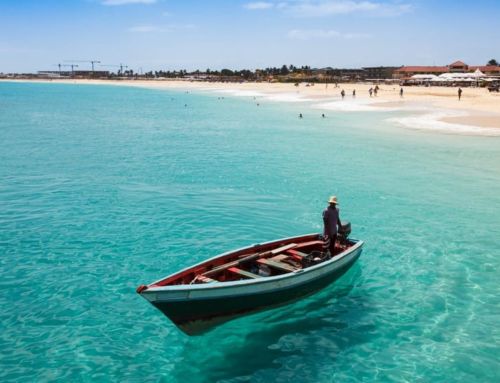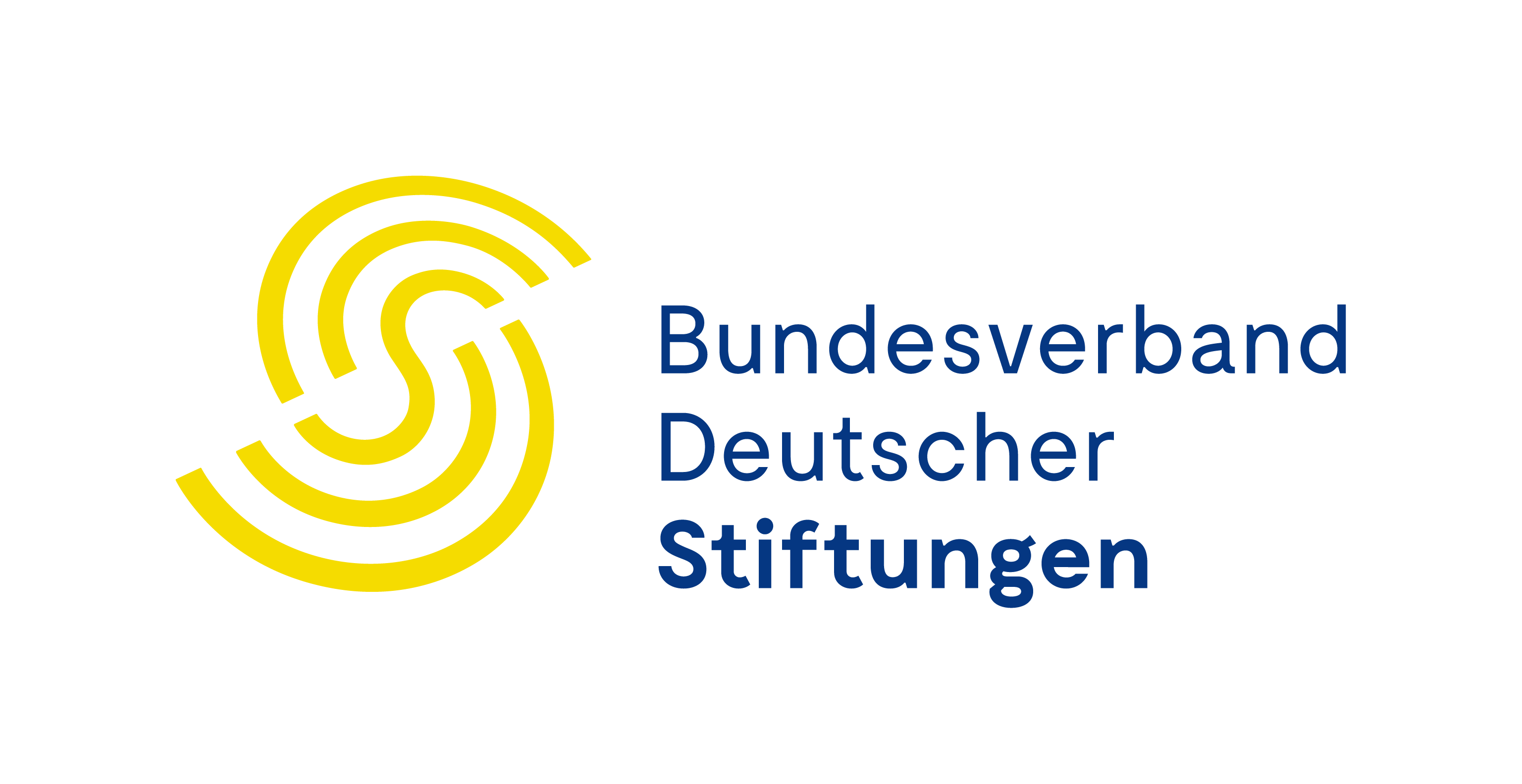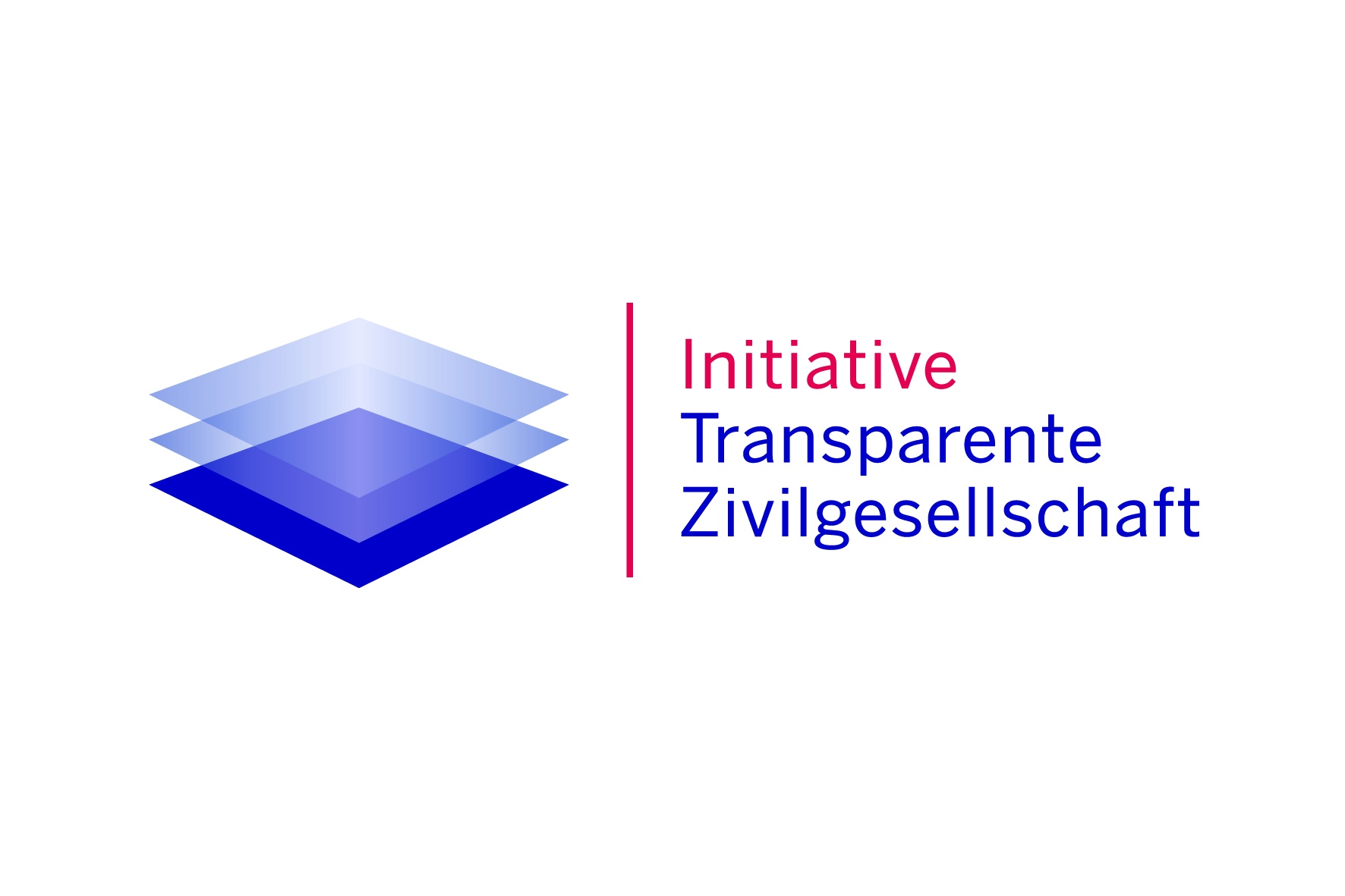On Cape Verde, the number of Coronavirus infections has been rising again since the beginning of the year. The German Foreign Office continues to classify Cape Verde as a risk area and warns against unnecessary tourist travel.
The Current Situation on Cape Verde
Since the beginning of the coronavirus pandemic, Cape Verde has registered 20,627 confirmed cases, of which 193 people have died. Within 24 hours, the World Health Organisation (WHO) reported 161 new infections (as of 21 April 2021, Source: Cabo Verde: WHO). The most affected island is Santiago.
Government Measures
Depending on infection levels, coronavirus measures may vary from island to island. The following applies to the entire island state: Recreational facilities such as discotheques and dance clubs remain closed. Bars, restaurants, and lounges may only open in compliance with hygiene rules, with reduced numbers of people and until a certain time. This also applies to cultural, sports, and religious events. Bathing activities are permitted from 6 a.m. to 6 p.m.
Travel Regulations
International air traffic to Cape Verde has resumed. For domestic flights, a negative COVID-19 test (not older than 72 hours) must be presented upon entry. In addition, travellers must register online.
Financial Support from the World Bank
Cape Verde is the first African country to be approved by the World Bank for a US Dollars 5 million loan to help the island nation fight the coronavirus pandemic. The funding will allow the Cape Verdean government to purchase more than 400,000 additional doses of vaccine and personal protective equipment such as masks, gloves, protective suits, and more. These are intended to protect health workers from infection during the vaccination campaign. In addition, the funding will help to improve the health infrastructure on the islands of Sal and Boa Vista so that they can be reopened to tourism.
COVAX Initiative
The COVAX Initiative was launched by the WHO and is the acronym for Covid-19 Vaccines Global Access (COVAX (who.int)). Its main task is the equitable distribution of COVID-19 vaccines.
Vaccine is made available to all participating countries, enabling them to vaccinate at least 20% of their population. Low- and middle-income countries will receive this share free of charge. This year, 2 billion doses of vaccine will be made available to participating countries worldwide.
1.3 billion doses, financed by donations, will be distributed to 92 participating low-income countries. Cape Verde will also benefit from this.
Coronavirus Vaccines for Cape Verde
Through the COVAX initiative, Cape Verde will receive a total of 108,000 doses of vaccine. The first 24,000 doses of AstraZeneca-Oxford vaccine were delivered on 12 March 2021. This was followed a few days later by 5,850 doses of Pfizer’s vaccine. The last deliveries are expected to arrive in Cape Verde by May 2021.
vaccination campaign
The vaccination is being carried out gradually and is based on the national vaccination plan. According to this, health workers will be vaccinated first. This will be followed by people over 60 years of age who suffer from a chronic disease, employees in airports and ports as well as workers in the tourism industry.
The Cape Verdean government aims to offer vaccination to 70% of the Cape Verdean population by the end of the year.
Vaccination Launch
The official vaccination launch was on 19 March 2021. The day before three medical workers were vaccinated for the first time with Pfizer’s vaccine.
Due to the side effects experienced with AstraZeneca’s vaccine, the government has suspended vaccination with AstraZeneca for some time. After clarification of the side effects, Cape Verde followed the WHO recommendations and resumed vaccination with AstraZeneca.
Shortly after the President of Cape Verde, Jorge Carlos Fonseca, was vaccinated with the first dose of AstraZeneca’s vaccine in Praia, he appealed to the population to get vaccinated against COVID-19 without fear.
Since the start of vaccination in Cape Verde, 11,719 doses of vaccine have been administered (as of 21 April 2021, Source: Cabo Verde: WHO).
